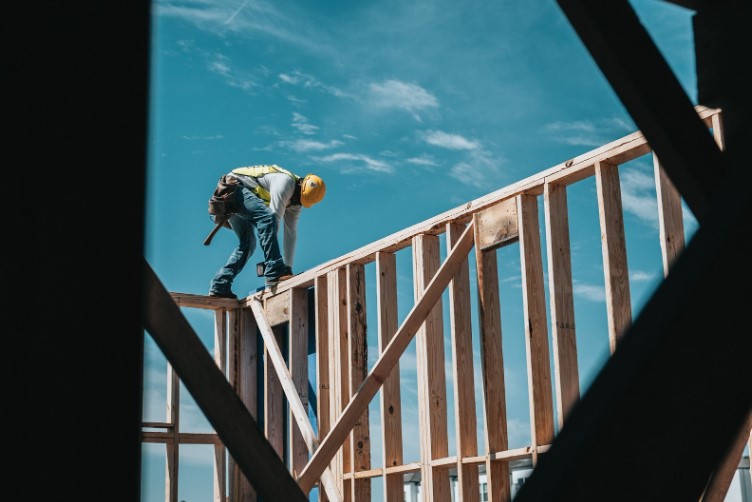When it comes to keeping our workplaces safe, knowing the difference between accidents and incidents is key. But it’s not just about knowing the difference – it’s also about understanding how to report them properly.
When it comes to keeping the workplace safe, it is everyone’s responsibility. Let’s delve into the key differences between incidents and accidents, and explore the procedures for reporting so you can keep a safe workplace.

What is an incident exactly? Simply put, an incident in the workplace is anything unexpected that could potentially lead to harm, injury, or damage. Think of any sudden event that might cause harm or damage. It could be as minor as slipping on a wet floor or narrowly avoiding getting an injury by faulty machinery. Similarly, near-miss incidents are close calls where harm or damage almost occurred but was narrowly avoided.
Now, accidents are a bit more serious. They’re those unexpected events that actually result in someone getting hurt or something getting damaged. These often are a cause for immediate attention by a qualified first aider. Read our blog ‘5 Common Office Hazards To Prevent’ to learn how to overcome common office hazards.
So, incidents and accidents might sound pretty similar, but there’s a big difference – and it all comes down to the outcome. As mentioned, incidents are those close calls where thankfully nobody gets hurt, while accidents are the real deal that causes major injury.

While incident and accident reporting share similarities, they are not necessarily conducted in the exact same way. Both processes involve documenting the details of the event, such as when and where it occurred, who was involved, and what factors contributed to it. However, there are some key differences.
You might be wondering, “If nobody gets hurt in an incident, why bother reporting it?”. Well, turns out, incident reports are super important for a few reasons.
Spotting potential hazards: Incident reports help identify potential hazards before they escalate into accidents. By addressing these issues proactively, organisations can prevent future injuries and damages while promoting a safer work environment. Another importance of incident reporting is that it plays a crucial role in informing health and safety risk assessments.
Legal compliance: they keep us in the clear legally, and they give the people in charge a heads-up about what’s going on in the workplace. Reporting incidents is often a legal requirement under regulations like RIDDOR (Reporting of Injuries, Diseases and Dangerous Occurrences Regulations). Compliance with these regulations ensures organisations fulfill their legal obligations and avoid penalties.
So you’ve spotted an incident – now what? Reporting it is pretty straightforward. However, it’s important to note that only the “responsible person” under RIDDOR should submit reports. This includes employers, some self-employed individuals, and those in control of work premises during a reportable incident.
The responsible person simply has to jot down all the important details – like when and where it happened, who was involved, and what went down – and pass it along to the right people.
The accident reporting procedure in the workplace follows a similar process, with additional emphasis on documenting any injuries that occurred and the circumstances surrounding the accident. Employers are required by law to report certain types of accidents to the Health and Safety Executive (HSE) under RIDDOR.
We all are responsible for health and safety in the workplace and training plays a great role in keeping our workplaces safe. By equipping employees with the knowledge and skills needed to identify hazards and respond effectively we can make our workplaces safer.
At FRS, we have comprehensive training plans that cover various aspects.
In conclusion, understanding the distinction between accidents and incidents is fundamental to workplace safety. While incidents may seem minor, they serve as valuable indicators of potential hazards and should be reported promptly. Accidents, on the other hand, require immediate attention to mitigate harm and prevent recurrence.
Effective incident and accident reporting procedures are essential components of maintaining a safe work environment. Not only do they fulfill legal obligations, but they also provide valuable insights for risk assessment and prevention.
At FRS, we prioritise workplace safety through comprehensive training programs covering fire safety, health and safety, first aid, and mental health first aid. Invest in your workplace safety by contacting us today for all things health and safety.
Call us today on 01179 866397 or get in touch today